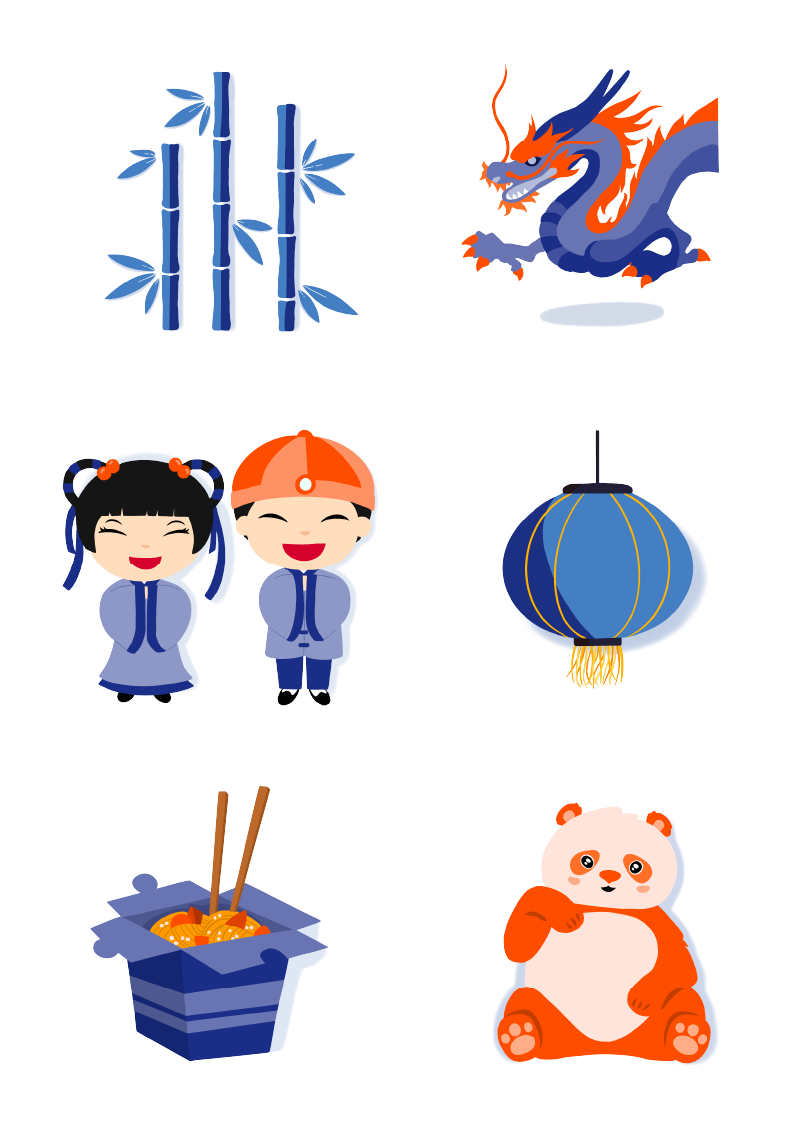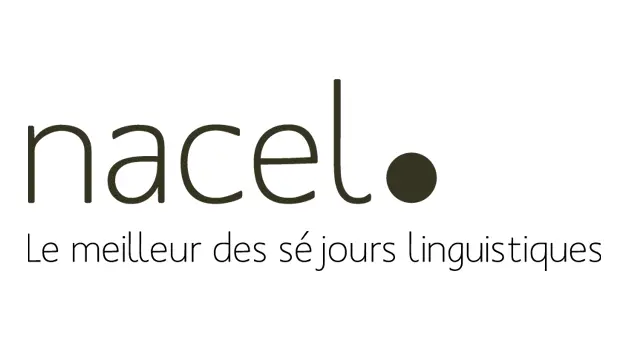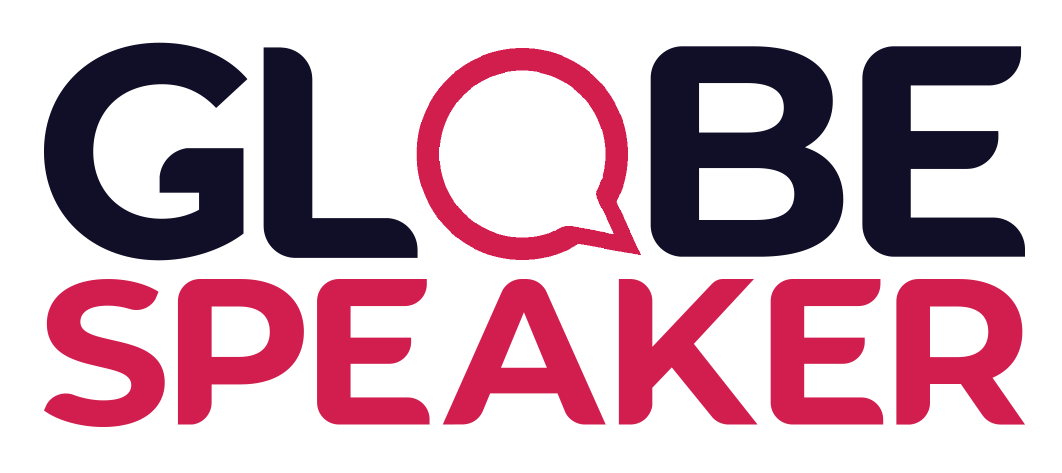
How long does it take to learn Chinese?
 Learn now
Learn now
Summary
of the page
>
Basics of learning Chinese
>
Factors influencing the time it takes to learn Chinese
>
Méthodes d'apprentissage et leur efficacité
>
Estimated learning time by level
>
The time it takes to learn Chinese, the verdict
Apprendre le chinois, c'est s’attaquer à la langue la plus parlée dans le monde. Et si plus d’un milliard de personnes le parle au quotidien, cette langue n’a évidemment aucun point commun avec nos langues latines. Alors, il est normal de se demander combien de temps faut-il pour Learning Chinese . We're going to give you some ideas on how long it will take you to master Chinese. Whether you're a beginner learning the characters or just holding a fluent conversation.
Basics of learning Chinese
When we start learning Chinese, we need to familiarise ourselves with its fundamental aspects: writing and pronunciation. These are the cornerstones of the language and, although they may seem daunting at first, understanding them paves the way to effective learning. intimidating at first, understanding them paves the way for effective learning. That's the way to learn Mandarin.
Chinese characters
Les chinese characters , true works of art in themselves, are the very essence of Chinese writing. Each character represents not only a sound, but also a meaning. It is important to understand that these characters are not symbols that convey ideas and concepts. It's fascinating to see how a single character can tell a story or describe a scene on its own. We recommend that you start with the most common characters, gradually building them into your vocabulary. This makes learning both more manageable and more accessible.
Pinyin and tones
Let's move on to pinyin and tones, two equally crucial aspects of the Chinese language. Pinyin is a romanisation system that transcribes the sounds of Chinese characters into letters of the alphabet. It is an invaluable tool for beginners, as it makes learning pronunciation much easier. Tones are fundamental in Chinese. There are four main tones, each of which can radically change the meaning of a word. of a word. Pinyin, combined with a good understanding of tones, is the basis for mastering Chinese pronunciation. Don't underestimate their importance: the same syllable, pronounced with different tones, can have completely different meanings. completely different meanings.

Here's the most classic example, and the one we usually use to learn tones:
- 妈 (mā) -> mother
- 麻 (má) -> hemp
- 马 (mǎ) -> horse
- 骂 (mà) -> to insult
- 吗 (ma) -> interrogative particle
It's the same ‘ma’ sound but pronounced with 5 different tones and therefore 5 different meanings.
Factors influencing the time it takes to learn Chinese
In our quest to master Chinese, it's important to recognise that there are many factors that influence how long it takes to learn. These factors vary from person to person, making each learning journey unique.
Desired level of mastery
First of all, let's look at the desired level of mastery:

Beginner : Pour les débutants, l'objectif est souvent d'acquérir des compétences de base en communication. Cela comprend la compréhension de phrases simples et la capacité à répondre à des questions courantes. À ce niveau, l'accent est mis sur l'acquisition d'un vocabulaire élémentaire et la familiarisation avec les structures de base.
Intermediate : En atteignant un niveau intermédiaire, tu t’engages à comprendre des textes plus complexes et à communiquer avec plus de fluidité. Cela inclut la capacité de gérer des situations quotidiennes avec aisance et d'exprimer des idées avec une certaine clarté.
Advanced : Enfin, pour les avancées, l'objectif est d'atteindre une maîtrise quasi-native. Cela implique une compréhension approfondie des nuances, la capacité de participer à des conversations complexes et l'usage de la langue dans un contexte professionnel ou académique.
Learner profile
Next, let's look at the learner profile:

Age : Bien que l'âge ne soit pas un obstacle à l'apprentissage, les méthodes et le rythme d'apprentissage peuvent varier. Les jeunes apprenants ont souvent une plus grande flexibilité phonétique, tandis que les adultes peuvent bénéficier d'une meilleure compréhension des nuances grammaticales.
Languages previously learnt : Si tu as déjà appris une langue asiatique, comme le japonais ou le coréen, certains aspects du chinois peuvent te sembler familiers. Cela va accélérer ton apprentissage.
Availability and personal commitment : Enfin, et c'est peut-être le plus important, ta disponibilité et ton engagement personnel jouent un rôle crucial. Un apprentissage régulier et engagé mène à de meilleurs résultats.
Méthodes d'apprentissage et leur efficacité
The effectiveness of different methods of learning Chinese varies according to a number of factors, including the individual's learning style, starting level and desired level of proficiency. Here is a factual overview of these methods and the associated learning times.
Traditional classroom courses
Traditional courses offer a structure and learning framework that can be beneficial for beginners. On average, to reach an intermediate level, it takes around 2 to 3 years of regular lessons, at a rate of 4 to 5 hours per week. For advanced levels, this can extend to 4 or 5 years, depending on the intensity and quality of the teaching.
E-learning and application
E-learning and applications are becoming increasingly popular thanks to their flexibility and accessibility. They often enable you to learn the basics more quickly. For a beginner to intermediate level, expect to spend 1 to 2 years, with daily use of around 1 to 2 hours. However, reaching an advanced level exclusively with these methods can be more difficult without real interaction.
Immersion and language exchanges
Total immersion in a Chinese environment is undoubtedly the quickest way to learn. An immersion stay of 6 months to 1 year can enable a beginner to reach an intermediate level. If you extend the experience up to 2 years can lead to advanced proficiency, especially if the immersion is supplemented by formal study and daily practice.
Self-learning and free resources
Self-study, although requiring a great deal of discipline and motivation, can be very effective, especially if you use a variety of resources. To go from beginner to intermediate level, it could take 2 to 3 years of
of regular independent study. Reaching an advanced level could take more than 5 years, depending on the amount of time invested on a daily basis and the variety of learning materials used.
These times are general estimates and may vary considerably depending on the individual. The key to success lies in regular practice and the ability to engage actively in the learning process,
whatever method you choose.
Estimated learning time by level
We're now going to try and give you an estimated time to master the next level of Chinese from your starting level.
Beginner level: the basics
It will take you around 3 to 6 months to acquire the basics of Chinese. This includes understanding simple sentences, introducing yourself, asking basic questions and recognising and using the most common characters. characters. At this stage, you will begin to familiarise yourself with tones and pinyin, essential elements of pronunciation. We recommend regular practice, ideally every day, even if it's just for a few minutes.
Intermediate level: consolidation
Reaching an intermediate level generally requires a further 1 year of study after mastering the basics. This means a better understanding of grammatical structures, an increased ability to read more complex texts and more fluent communication. At this level, you will be encouraged to expand your vocabulary and immerse yourself in more varied listening and speaking situations to strengthen your understanding and response.
Advanced level: mastery and perfection
Reaching an advanced level may require 2 to 3 years of additional learning, depending on your commitment and the immersion opportunities you have. This stage is marked by a subtle understanding of the nuances of the language, the ability to understand and produce complex texts, and conversational fluency approaching that of a native speaker.
and produce complex texts, and conversational fluency approaching that of a native speaker. The emphasis is on refining your command of tones, expanding your specialist vocabulary, and immersing yourself in a variety of cultural and professional contexts.
and professional contexts.
Remember, these times are estimates and can vary depending on many factors, including your mother tongue, your language learning ability, your exposure to the language and, above all, your personal commitment.
The key is perseverance and regular practice. We're here to support you every step of the way.
The time it takes to learn Chinese, the verdict
Let's tackle the crucial question for any beginner: how long does it take to learn Mandarin?
For an assiduous, determined and truly committed learner, here's what to expect:

- 3 months to reach a basic level, which represents 90 days, often considered the ideal time to set and achieve a first objective.
- 1 year to reach an intermediate level, corresponding to HSK 4.
- Between 2 and 3 years to master Mandarin at an advanced level, enabling you to speak the language fluently.
Your questions
on learning Chinese
Is it possible to learn Chinese on your own?
Is Chinese easy to learn?
How can I learn Chinese quickly?
- One way to learn Chinese is to listen to Chinese music.
- Another way is to watch films in Chinese.
- It is also beneficial to speak and write in Chinese every day.
- Finally, using the Globe Speaker application can help you learn Chinese. The key is regularity and diversification of learning methods to maintain commitment and interest.
How can I learn Chinese on my own?
Language Club
The blog that tells you everything about languages


Language Club
The blog that tells you everything about languages


All languages to learn
Certification preparation courses available

Toeic
They learned a new language with Globe Speaker





Rien à redire, super.

Florian • 24 ans
Niveau A1 à A2 - Abonnement Standard





Organisation efficace et personnalisée selon mes objectifs de formation.

Aurélie • 34 ans
Niveau A2 à B1 - Abonnement Premium CPF





Ravie et très heureuse d'avoir pu atteindre les objectifs fixés. Une équipe attentive et bienveillante, qui donnent les moyens aux élèves de réussir.

Isabelle • 34 ans
Niveau A2 à B1 - Abonnement Premium





Plateforme très pédagogique, et adaptée à tous les âges. J'ai vraiment eu l'impression d'apprendre.

Maria • 28 ans
Niveau A1 à B1 - Abonnement Premium





J'ai apprécié de travailler sur la plateforme Globe Speaker, autant de fois que je le voulais ou pouvais, ainsi qu'avec Maria pour la partie coaching.

Véronique • 41 ans
Niveau A2 à B2 - Abonnement Premium CPF





































